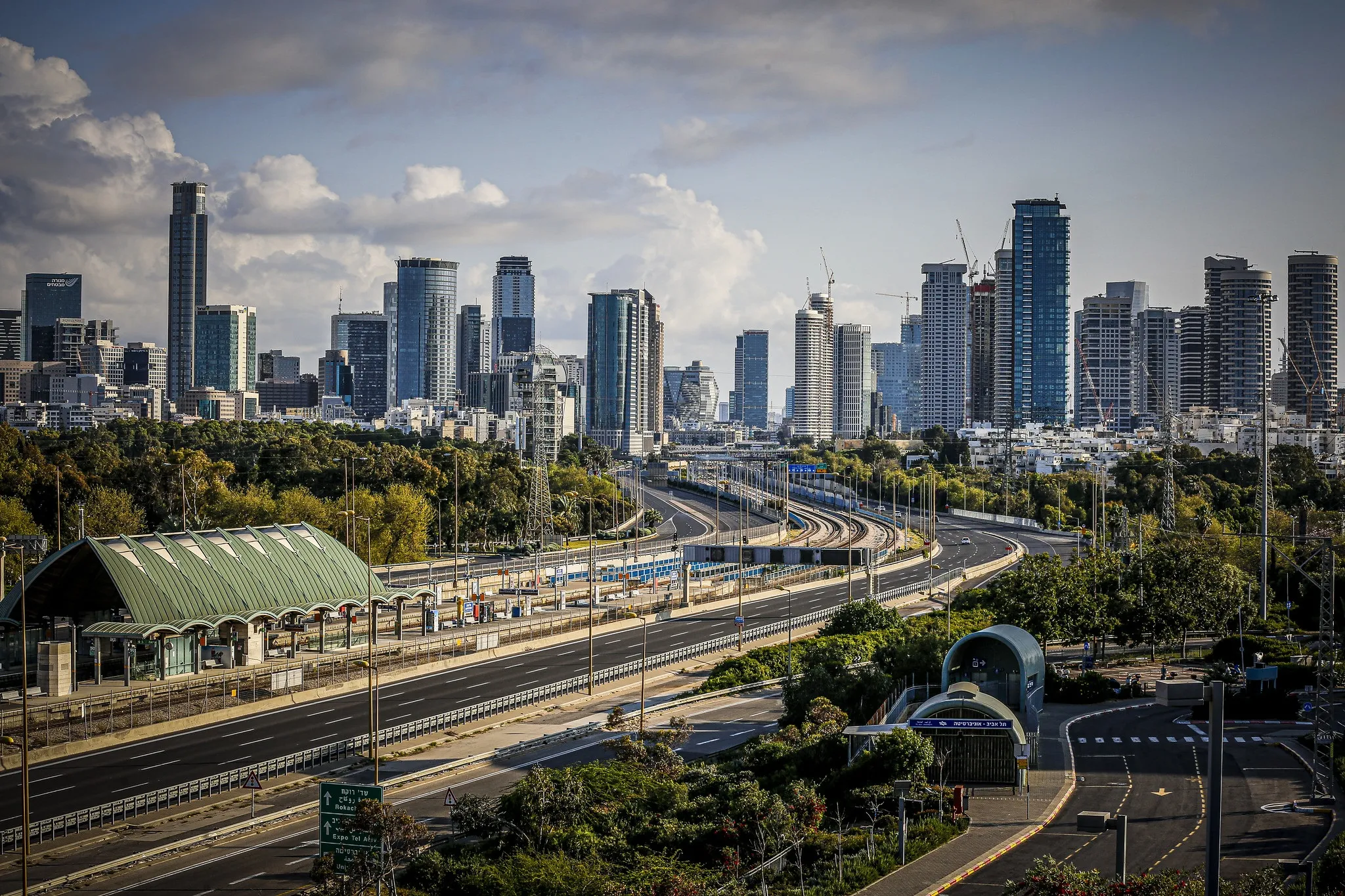Beijing has launched a pilot project to transform street lamps to serve as charging poles for electric cars.
Eighty-eight high-pressure sodium lamps on a road in the city have been converted into energy-saving LED lamps. Eight charging poles have been installed and put into trial operation using the energy saved from the new LED lamps, said the Beijing Municipal Science and Technology Commission.
The charging poles work day and night, reducing charging demand for electric taxis and private cars in the
January 12, 2015
Read time: 2 mins
Beijing has launched a pilot project to transform street lamps to serve as charging poles for electric cars.
Eighty-eight high-pressure sodium lamps on a road in the city have been converted into energy-saving LED lamps. Eight charging poles have been installed and put into trial operation using the energy saved from the new LED lamps, said the Beijing Municipal Science and Technology Commission.
The charging poles work day and night, reducing charging demand for electric taxis and private cars in the area, said the commission.
Beijing plans to expand the project to other areas and intends to build 10,000 public charging poles for electric cars by 2017, to be installed in airports and train stations, public parking lots, malls and supermarket parking lots, highway rest areas, electric car dealers and gas stations.
The Chinese government has been encouraging consumers to buy electric vehicles as a solution to the country's pollution problems, but the plan has been hindered by a bottleneck in the charging infrastructure.
China's electric car production jumped fourfold to 83,900 vehicles in 2014, according to the4821 Ministry of Industry and Information Technology. In 2014, output of pure electric passenger cars rose 300 percent from a year earlier to 37,800, with plug-in hybrid passenger cars reaching 16,700 units.
Measures including tax exemptions, price subsidies and requirements for government departments to buy green cars are in place. However, new energy cars still account for only a small proportion of total output. In the first 11 months of 2014, China's automotive industry produced 21.1 million vehicles.
Eighty-eight high-pressure sodium lamps on a road in the city have been converted into energy-saving LED lamps. Eight charging poles have been installed and put into trial operation using the energy saved from the new LED lamps, said the Beijing Municipal Science and Technology Commission.
The charging poles work day and night, reducing charging demand for electric taxis and private cars in the area, said the commission.
Beijing plans to expand the project to other areas and intends to build 10,000 public charging poles for electric cars by 2017, to be installed in airports and train stations, public parking lots, malls and supermarket parking lots, highway rest areas, electric car dealers and gas stations.
The Chinese government has been encouraging consumers to buy electric vehicles as a solution to the country's pollution problems, but the plan has been hindered by a bottleneck in the charging infrastructure.
China's electric car production jumped fourfold to 83,900 vehicles in 2014, according to the
Measures including tax exemptions, price subsidies and requirements for government departments to buy green cars are in place. However, new energy cars still account for only a small proportion of total output. In the first 11 months of 2014, China's automotive industry produced 21.1 million vehicles.








